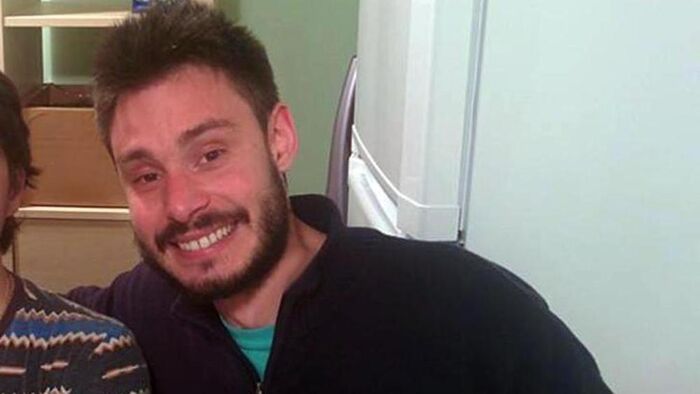University blasts ‘damaging and dangerous’ speculation about Giulio Regeni supervisor
The vice-chancellor defended Dr Maha Abdelrahman after Italian investigators seized her computer and mobile phone

The University of Cambridge has released a new statement condemning the scrutiny faced by Giulio Regeni’s former supervisor, Dr Maha Abdelrahman, almost two years after the PhD student was killed in Egypt.
Calling speculation around Abelrahman’s involvement “inaccurate, damaging and potentially dangerous”, Vice-Chancellor Stephen Toope criticised “the public campaign of denigration, fanned by political expediency” as “shameful”.
Earlier this month, investigators seized the computer and mobile phone of Abdelrahman, who was also interviewed by British police on behalf of Italian magistrates. Abdelrahman had previously been questioned shortly after Regeni’s body was found, when she was criticised for a perceived lack of cooperation with the investigation.
In their statement, Toope affirmed the University’s commitment to “ensuring that the reputation and wellbeing of its scholars are always safeguarded,” and said they would “defend the right of academics to engage in legitimate and lawful research”.
He also criticised the investigations into Dr Abdelrahmen, saying that they suffered from a “fundamental misapprehension about the nature of academic research”. He added that the investigations amounted to “seemingly concerted attempts” to implicate her in Regeni’s death.

An Italian PhD student at Girton College, Regeni disappeared in Cairo in February 2016 while conducting research on Egypt’s independent trade unions. Following the discovery of his body over a week later in the outskirts of the city, Egyptian police claimed that Regeni had been killed in a car accident; an autopsy subsequently revealed that he had been subject to extensive torture during his disappearance. Egyptian officials later admitted to monitoring Regeni’s activity, but denied involvement in his death.
Progress has been slow in official investigations and no arrests have yet been made.
The University has previously been subject to criticism for alleged lack of co-operation investigation, including from a senior official of the Italian foreign office, who accused them of prioritising “secret” research over “human life” in August 2016.
In their new statement, the University defended their involvement with the investigation, saying they had “sought all opportunities” to assist its progress and would “continue to assist authorities as they seek justice for Giulio and his family”.
He continued, “Throughout, the University has been respectful of legal constraints (including on the ability to comment publicly) posed by the continuing legal process. It has been particularly disappointing, then, to see that the same restraint has not applied in other domains, where the confidentiality of the legal process has been blatantly ignored”
 Features / Should I stay or should I go? Cambridge students and alumni reflect on how their memories stay with them15 December 2025
Features / Should I stay or should I go? Cambridge students and alumni reflect on how their memories stay with them15 December 2025 News / Dons warn PM about Vet School closure16 December 2025
News / Dons warn PM about Vet School closure16 December 2025 News / Cambridge study finds students learn better with notes than AI13 December 2025
News / Cambridge study finds students learn better with notes than AI13 December 2025 News / News In Brief: Michaelmas marriages, monogamous mammals, and messaging manipulation15 December 2025
News / News In Brief: Michaelmas marriages, monogamous mammals, and messaging manipulation15 December 2025 Comment / The magic of an eight-week term15 December 2025
Comment / The magic of an eight-week term15 December 2025










